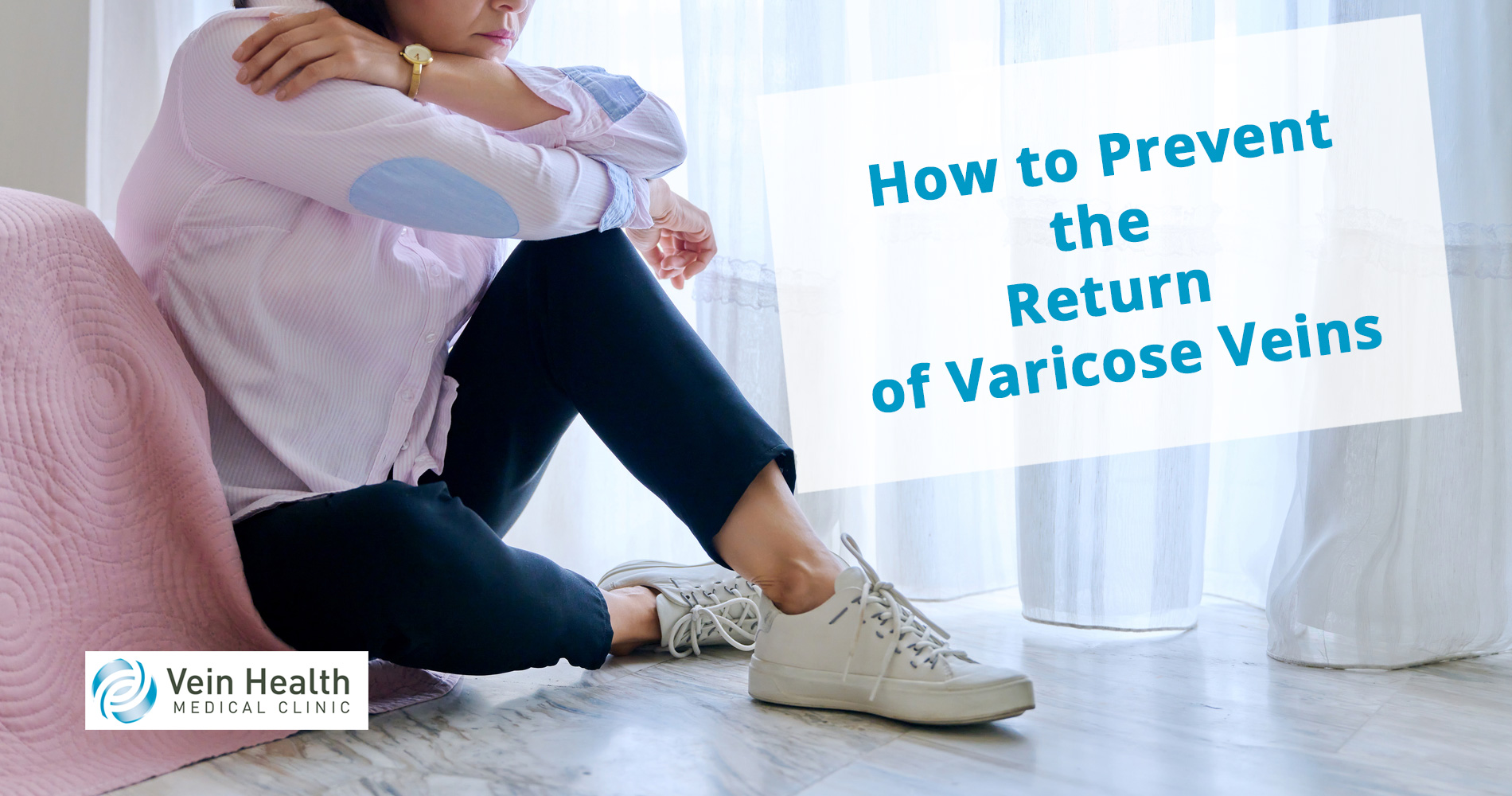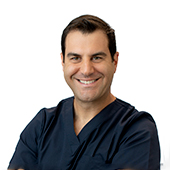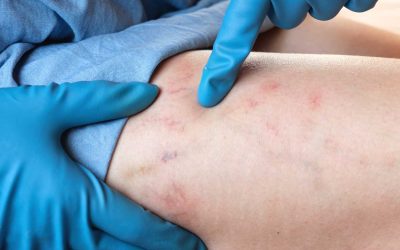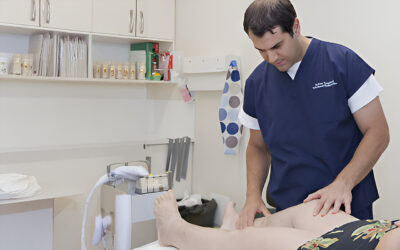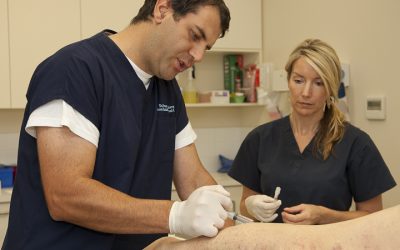Discovering that your varicose veins have made an unwelcome return can be both frustrating and disheartening. It’s a common belief that once varicose veins are treated, they should be gone for good, right? Unfortunately, for some, this isn’t always the case. But before you surrender to the myth that “there’s no point in removing varicose veins; they’ll just come back,” let’s delve deeper into why they might reappear and how Vein Health Clinic is dedicated to stopping them in their tracks.
Why do Varicose Veins Come Back?
Varicose veins aren’t just a surface issue; they’re a sign of underlying venous disease. Understanding this is crucial. The recurrence of varicose veins can often be attributed to three main factors: venous disease progression, inadequate diagnosis, and neovascularity following vein stripping surgery.
- Venous Disease Progression: It’s vital to recognise that varicose veins are not a one-off problem but a manifestation of ongoing venous disease. This disease can cause the deterioration of existing veins, often mistaken as the return of previously treated varicose veins. Regular post-treatment reviews and ultrasound scans are essential to monitor this progression.
- Inadequate Diagnosis: An incomplete initial diagnosis can mean that the wrong veins were treated or that the correct veins were treated with the wrong techniques. Comprehensive ultrasound scans are indispensable for identifying all the feeder veins responsible for the problem. At Vein Health Clinic, we prioritise accurate diagnosis to ensure effective treatment.
- Neovascularity: This complication arises from vein stripping surgery, leading to the development of new, valve-less blood vessels that are immediately incompetent, causing recurrence. That’s why at Vein Health Clinic, we steer clear of vein stripping surgery, adhering to international guidelines that recommend less invasive methods.
Our Approach to Treatment
Treating recurrent varicose veins demands skill, expertise, and the right diagnostic tools. Our clinic is equipped with advanced ultrasound technology capable of detecting even the smallest recurrent vessels. Our phlebologists have a comprehensive toolkit at their disposal, including vein glue, ultrasound-guided sclerotherapy, and endovenous thermal ablation techniques, ensuring that we can effectively address even the most stubborn cases of recurrence.
Preventing Recurrence
While no procedure can entirely prevent new veins from forming, there are steps both doctors and patients can take to minimise the risk of recurrence. For doctors, it involves establishing a thorough treatment and follow-up plan, ensuring accurate diagnosis, and avoiding treatments like vein stripping surgery that have a higher risk of causing neovascularity.
Patients play a vital role too. By maintaining regular reviews and follow-up scans, and getting assessed periodically, patients can significantly contribute to the long-term health of their veins.
How We Help
The team at Vein Health Clinic understands the complexities of varicose vein treatment and recurrence. Our commitment to thorough diagnostics, state-of-the-art treatments, and ongoing management ensures that we not only address the varicose veins themselves but also the underlying venous disease driving their return. Together, we can work towards lasting vein health, debunking the myth of the inevitable recurrence of varicose veins.
Key Takeaways:
- Varicose Veins Can Recur: Varicose veins may return due to venous disease progression, inadequate initial diagnosis, or neovascularity following vein stripping surgery.
- Comprehensive Diagnosis is Crucial: A thorough initial assessment using duplex ultrasound is essential to identify all problematic veins and ensure effective treatment.
- Modern Treatments Offer Hope: Today’s non-surgical, minimally invasive treatments offer a lower risk of recurrence and allow patients to resume their daily activities quickly.
- Prevention and Follow-Up are Key: Regular follow-up appointments and scans can help manage venous disease progression and reduce the chance of varicose veins recurring.
- Patient Involvement Matters: Patients can contribute to their vein health by maintaining regular reviews and follow-up scans, alongside their doctor’s ongoing management and treatment plans.

